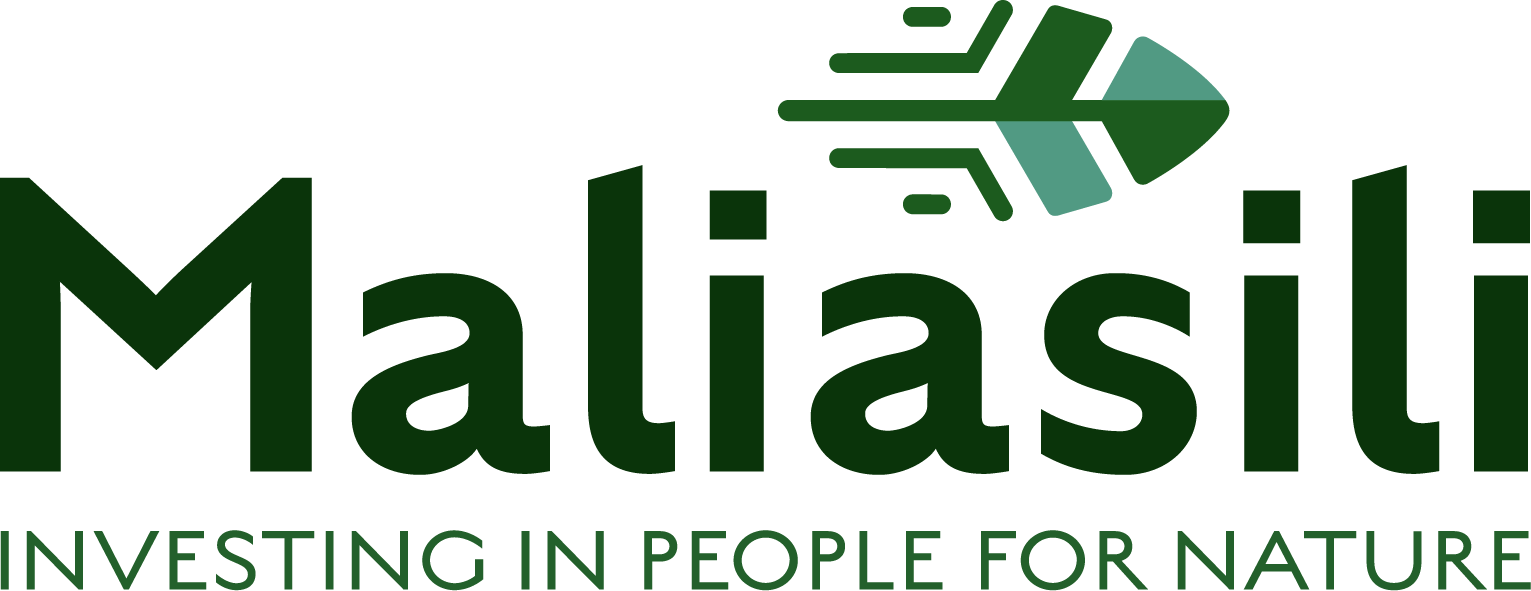Getting anchored for greater success
Honeyguide started out as an idea - that communities surrounding national parks shouldn’t just put up with conservation but instead should be driving and benefiting from it. But realizing this vision wasn’t easy.
Like many start-ups, they tried and tested everything from planting crops to sell at tourism camps in the Serengeti, to beach clean-ups in Zanzibar, to even making dog food. These projects had some success, and Honeyguide was able to piece together enough money to stay afloat. But the work wasn’t achieving the big idea that got them going in the first place.
Fast forward to 2016 when Honeyguide and Maliasili began working together. Honeyguide was reluctant to develop a strategic plan, concerned it would confine their work and thinking. But the development of their strategy was transformational to Honeyguide - so much so that they printed mini copies of it so the team could carry it around in their pockets as a constant reference.
“Prior to the development of the strategic plan, it’s actually quite difficult to recall what we did, what we were doing, because there was no clear anchor point,” explained Damian Bell, the founder and Executive Director of Honeyguide. They also thought they didn’t need a formal communications strategy, but once we completed it together they pinned it to their office walls and “referred to it every time they wrote something.”
And their leader remains a creative visionary, but is now supported by a growing team of talented individuals who are able to plan, implement, and manage Honeyguide’s work. “Before, when Damian wasn’t around, nothing would get done,” said Sam Shaba (pictured on top right), Program Manager and member of the African Conservation Leadership Network. That’s not the case today. Now Honeyguide has a senior management team and decisions are made together.
Today, Honeyguide uses systems and strategy to deliver outstanding conservation results on the ground, and is passionate about investing in their organization and empowering their team. “Part of the reason things are smooth and we are now achieving so much is because we have these systems, they’re part of our culture now,” explains Sam Shaba.
Looking across the landscapes of Randilen Wildlife Management Area, bordering Tarangire National Park and one of Honeyguide’s core field sites, and with buffalo in the backdrop Damian reflected on our organizational journey together: “This community conservation area here in Randilen would have never been possible without Maliasili. Honeyguide would have never gotten to the stage we’re at now as an organization and with our team. Maliasili has enabled us to use our precious resources and have a much greater impact.”
Honeyguide works with communities across 5000 km² of northern Tanzania, focusing on Community Wildlife Management Areas (WMAs). They have reduced poaching (not a single elephant has been killed in their field sites since 2016), developed new methods for preventing conflict between people and wildlife, and built professional community management bodies to run the WMAs.
Communities are earning money from tourism investments, and new opportunities such as carbon credits based on traditional land stewardship. These achievements are putting Honeyguide’s vision into a reality with the potential to transform conservation in Tanzania, Africa’s most wildlife-rich nation.
Learn more about our work with Honeyguide in Tanzania:

